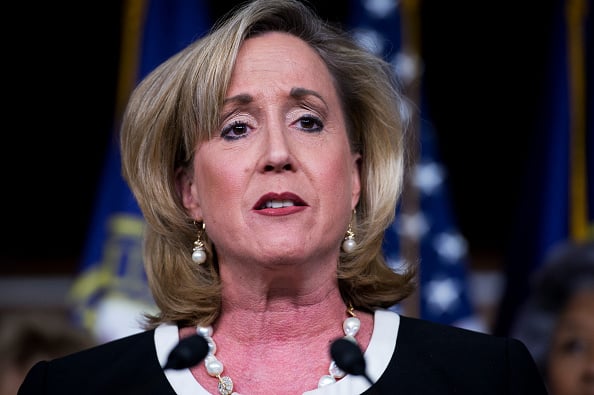Bipartisan lawmakers in the House of Representatives are trying to stop a Labor Department rule that would require brokers to act in the best interests of their clients when working with retirement accounts.
Rep. Ann Wagner, R-Mo., and three colleagues on the House Financial Services Committee have drafted a letter to Labor Secretary Thomas Perez calling on him to withdraw the proposal.
Two of the lawmakers who signed the letter are Democrats — Rep. David Scott of Georgia and Rep. William Lacy Clay of Missouri — and the other is a Republican — Rep. Andy Barr of Kentucky.
Ms. Wagner's staff is circulating the letter among other House lawmakers seeking more signatories. The letter was first reported by The Hill, a Capitol Hill publication.
Having two Democrats on the letter marks a departure from recent congressional letters to DOL.
Last week, 22 Republicans on the House Education and Workforce Committee
wrote to DOL asking the agency to withdraw the proposal.
Also last week, eight Democrats, including the ranking members of four committees, wrote to DOL
in support of the rule.
The proposal was introduced in April with strong White House backing. The
initial comment period closed July 21, with the agency receiving 805 comment letters and 16 petitions. Public hearings will be held in August.
Echoing industry criticism of the proposal, Ms. Wagner and her colleagues wrote that it would significantly raise the cost of advice for investors, especially those with modest assets.
“The current proposal would bifurcate the industry into those who can afford an adviser and those who cannot,” the letter states. “We are concerned that the rule in its current form could have a disparate impact on access, choice and costs for millions of low- and middle-income Americans saving for their retirement.”
The DOL says the rule is needed to reduce conflicts of interest for brokers that encourage them to steer retirement savers into high-fee investments.
No Democrat has yet co-sponsored
Ms. Wagner's legislation that would force DOL to hold off on its best-interests rule until the Securities and Exchange Commission first proposes its version of the measure.







